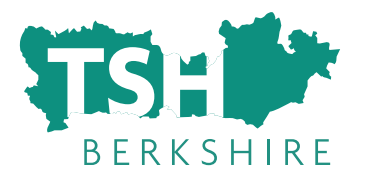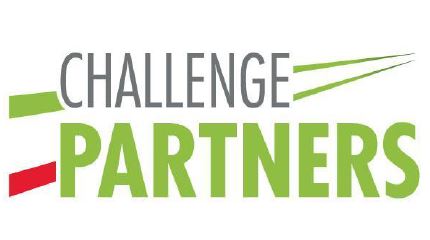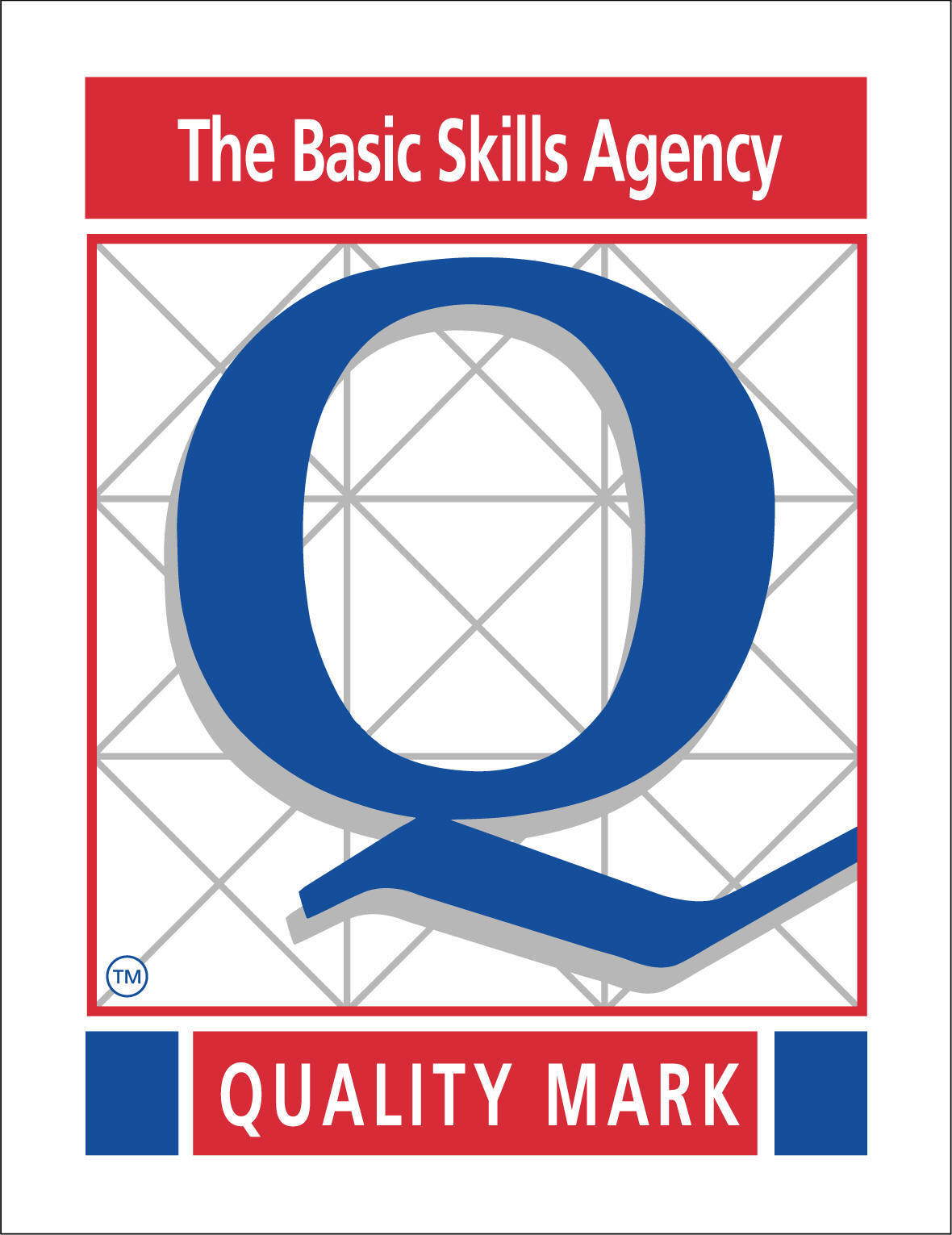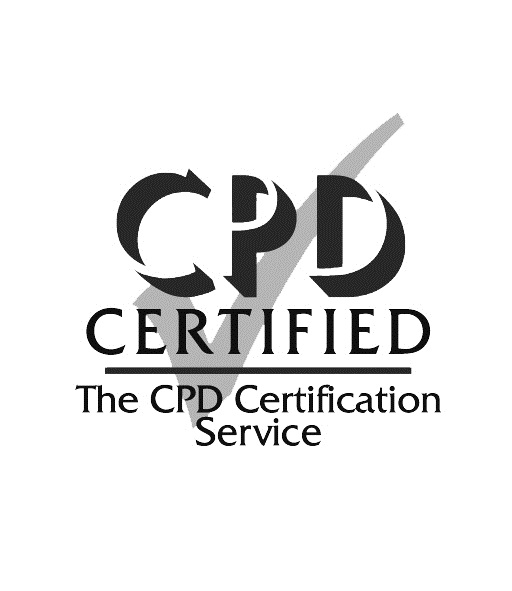Teacher Training
We have successfully and consistently trained new teachers for a number of years, for schools in the Maiden Erlegh Trust and schools in the Berkshire area, delivering the government’s strategy to recruit and train teachers.
We offer a variety of programmes, including the PGCE school led programmes at primary, primary SEND and secondary level.
Our teams ensure that student teachers receive the best training, and they will encourage them to become confident and successful teachers.
Our student teachers spend most of their time in schools with some time dedicated to theoretical learning.
The courses are a blend of study at the university, professional study and school experience. The university is the awarding body for most of our programmes and we work in partnership with a variety of universities to deliver programmes. Please see our university partners on the right.
Applicants can search for postgraduate ITT courses for 2024 here.
Subjects for entry in 2024 - 2025
|
Art & Design, Biology, Business Studies with Economics, Computing, Chemistry, Design & Technology, Drama, English, Geography, History, Languages, Mathematics, Music, Physical Education, Physics, Primary and Primary SEND. |
About us
Schools in our Institute include selective and non-selective schools. We are proud of our shared ability to offer high-impact learning experiences to pupils of all abilities and backgrounds. Our schools have a good record of providing high quality teacher training placements for PGCE students, with many trainees finding employment within their training school. Learning to teach with us will comprehensively prepare trainees for their future career.
The majority of the training takes place in schools and is generally of a practical, skills-based nature. Sessions are arranged with in-house specialists in given fields, and each trainee is assigned an experienced subject mentor. The university balances this with the provision of a rigorous academic element, which enables trainees to reflect on work done in schools.
Initial teacher training courses are based on the belief that education is about active and meaningful learning through which teachers become analytical, creative and receptive to new ideas. The universities work closely with partnership schools, planning and delivering training programmes in collaboration - teaching is practice-led as well as research-led. The universities support us in recruiting the highest-calibre trainees who become excellent teachers at the end of their training.
Subject specialism is at the core of the university-based periods of training. You will work with specialist tutors in your subject, many of whom play a leading role in national research and policy developments. Staff from schools and other organisations (including national subject associations) work closely alongside university staff. You will also benefit from specialist facilities at the universities’ campuses.
Training Locations 2024 - 2025:
-
Maiden Erlegh School
-
Maiden Erlegh School in Reading
-
Maiden Erlegh Chiltern Edge
-
River Academy
-
Cranbury College
-
The Forest School
-
Reading Girls School
-
Blessed Hugh Faringdon School
-
King's Academy Easthampstead Park
-
Great Hollands Primary School
-
Aldryngton Primary School
-
Katesgrove Primary School
-
Southcote Primary School
-
Geoffrey Field Junior School
-
Whitley Park Primary and Nursery
-
Ridgeway Primary School
-
Birch Copse School
-
Birch Hill Primary School
-
Westwood Farm Junior School
Entry requirements
-
To train to teach, you’ll need to have GCSEs at grade 4 (C) or above in English and maths (and science if you want to teach primary).
You also need a degree in any subject to teach primary and secondary – if you have one or an equivalent qualification, you can do postgraduate teacher training.
- If you studied abroad, please contact https://www.enic.org.uk/ to find out if your qualifications meet the standard.
Subject Knowledge Enhancement
Applicants who are judged to have great potential but who lack sufficient subject knowledge in the subject they apply to train in, may be required to undertake a Subject Knowledge Enhancement (SKE) course. The length of SKE varies depending on the need of the individual – from eight-week ‘refresher’ or ‘booster’ programmes, through to more extensive 36-week courses. For further details see getintoteaching. To be accepted onto an SKE course, you must first hold a training place offer conditional upon completing an SKE in the subject in which you have applied to train.
Medical fitness (Occupational Health) and disclosure and barring service clearance
Teacher training providers have a responsibility to ensure that trainees have the health and physical capacity to teach and will not put children and young people at risk of harm. For this reason all applicants will be required to successfully complete occupational health and Disclosure and Barring Service (DBS) enhanced disclosure checks.
If you accept an offer with us you will also be required to successfully complete Occupational Health and Disclosure Barring Service (DBS) Enhanced Disclosure checks. These checks are required to ensure you meet the Department for Education’s requirements for physical and mental fitness to teach, as well as assessing your suitability for working with children.
English language proficiency requirements
All applicants must demonstrate clear, fluent and accurate written and spoken English.
Visa information
You usually need a confirmed offer on a course to apply for a visa. The university can support you in obtaining a visa.
References
We require two appropriate references. If you have recently left education, one of your references should be from an academic tutor. If you are or have been working after completing your degree, one of your references should be from your current or most recent employer.
What we are looking for...
Potential to teach
We are looking to recruit trainees who have the potential to become outstanding teachers. This will be demonstrated in a number of ways, including:
- Your specialist subject knowledge
- Your ability to communicate with enthusiasm about learning and about your subject
- Your ability to reflect on experiences of working with children and young people in schools or other settings
- Your knowledge of the school curriculum and current educational issues
- Your commitment to securing relevant experience and knowledge to support your application.
- Personal qualities
In addition to an excellent academic background, we are looking for people who have a strong yet considered desire to work with young people, a positive, informed, open outlook, good communication skills, confidence and determination, an ability to relate well to others in a range of circumstances, interests, hobbies, a sense of humour, a lively enquiring mind and a willingness to become fully involved in all aspects of school life.
Funding
Funding is available to help you train to teach. You can apply for a:
- tuition fee loan of up to £9,250 to cover your teacher training, so you do not need to pay course fees upfront
- maintenance loan of up to £13,022 to help with living costs
You can still apply for a tuition fee and a maintenance loan if you already have a student loan, and regardless of whether you get a teaching bursary or scholarship.
You will only have to make loan repayments once you’re earning.
Find out more about your eligibility for bursaries(Link opens in new window).
Apply for teacher training here






